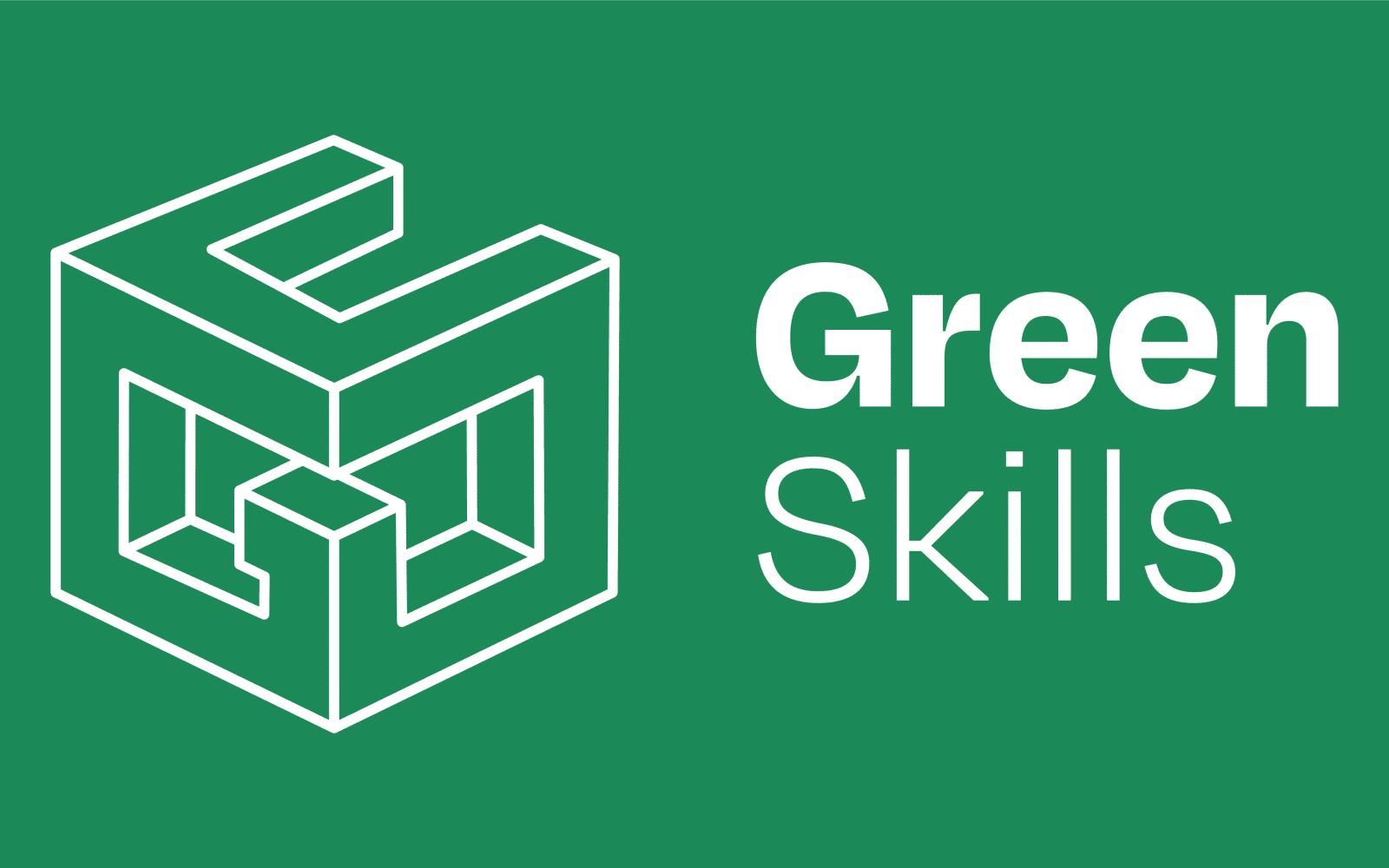Ashoka and HSBC are collaborating on the first-of-its-kind Green Skills Innovation Challenge. This global innovation competition is open to social entrepreneurs in selected markets with ventures that equip individuals and communities with the skills needed to thrive in the transition to a green economy.
Apply today.
Climate change is a defining crisis of our time, and its impacts are global and unprecedented in scale. At the same time, the COVID-19 pandemic too has side-swiped society with devastating impacts on health, livelihoods, and the economy. As we look towards a post-pandemic world, we have an opportunity to shape a recovery that leverages solutions addressing the climate crisis and promoting health, equality, and financial wellbeing. Our recovery can be sustainable, putting people back to work and ensuring they’re contributing to the green economy.
This sustainable green economy requires a workforce equipped with robust green skills—the competencies that allow individuals to step into new green jobs or transition aspects of their current careers towards jobs that will have positive impacts on the planet.
The green economy is emerging. We see solutions—in renewable energy, advancements in farming and agriculture, electric vehicles, sustainable forestry, and circular manufacturing processes, to name a few—but we also see a gap within the workforce. Without greens skill readiness, the transition to the green economy will be a slow one.
Ashoka and HSBC are looking for innovators with solutions that tackle many of these complex issues around green skills and more. The Green Skills Innovation Challenge will award 15 social entrepreneurs with up to $20,000 in cash prize. The winners of The Green Skills Innovation Callenge also get support and mentoring from HSBC and Ashoka on how to develop the innovation and scale.
Learn More.
This challenge follows The Future Skills Challenge where we looked for innovators helping their community develop new skills to manage their money successfully and boost their chances of meaningful employment.
